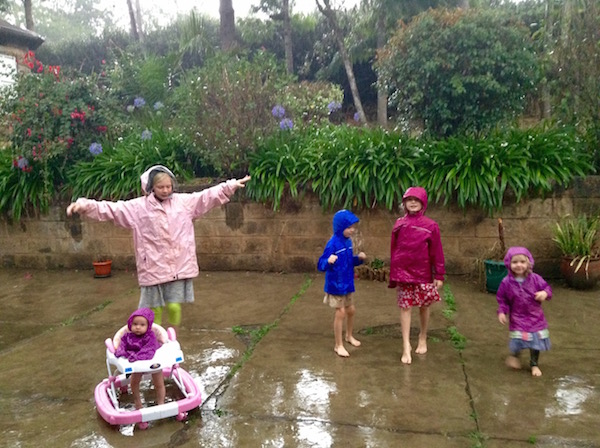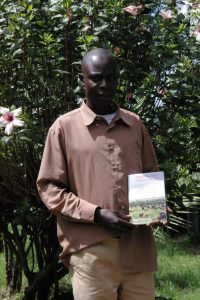Here is, in english, an example of the types of parables we use in our teaching. This one has two versions, one to be told to men and boys and another to be told to women and girls. It was written specifically for the context of Maasai culture, but would be understood throughout East African cultures.
(Cultural note: The “club” referred to is a war club, known in Maa as an orinka and in kiSwahili as a rungu. Maasai shepherds and warriors are like the Benjaminites of Judges 20.16 and are said “not to miss.” They often throw them at hyenas to protect their flocks and herds.)
.
As told to the guys
Once there was a hyena which decided it was easier to catch baby goats and baby sheep than to chase the stronger and faster wild animals. It caused a lot of problems by eating from the flocks! The shepherds would always chase it away just by throwing a club at it and it would flee. But it kept sneaking back to eat the young animals that would stray into the bush. So some warriors decided to chase it in order to kill it with their spears.
The hyena was terrified of the warriors! Because most of the people were not in the villages at that time, the hyena ran into a village to hide. There was an honored old man, sitting under a tree beside his house! The hyena asked him to let him hide in his house. The old man refused. But the hyena begged him, promising that he would bring him meat if he hid him and protected him from the warriors and shepherds. Now that man liked to eat meat. He said to himself that “it would be nice to eat meat without killing one of my own goats!” So he told the hyena to go inside the house to hide, as his wife was in the bush gathering firewood. When those tracking the hyena came to his village, they asked that man whether he had seen the hyena. He was thinking about the meat the hyena had promised to bring, so he lied and said that he had not seen it. So those people left.
Then that man went into the house to tell the hyena that it was safe for him to come out and go on its way. But the hyena said, “I am hungry and am craving meat. So I will eat your leg!” And that is just what the hyena did.
.





